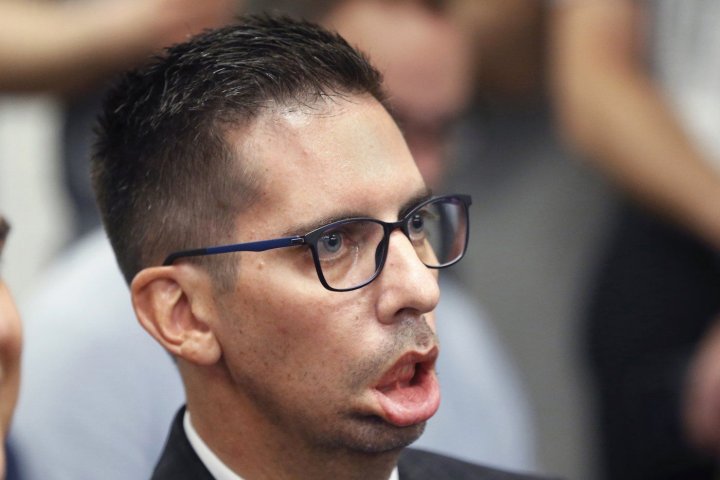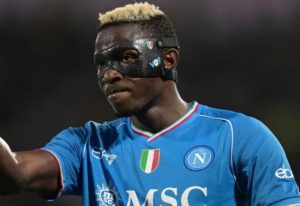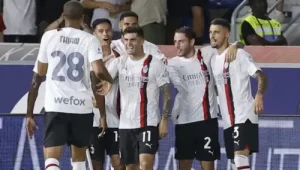
Title: Calgary Flames’ Assistant General Manager Chris Snow Faces Challenging Road to Recovery After Brain Injury
Introduction:
In a shocking turn of events, Calgary Flames’ Assistant General Manager Chris Snow has recently suffered a severe brain injury, leaving him with limited chances of a full recovery. The news has sent shockwaves through the hockey community, as Snow was known for his dedication and passion for the sport. This article aims to shed light on the incident, provide an overview of brain injuries, and discuss the potential challenges and treatment options that lie ahead for Snow.
Understanding Brain Injuries:
Brain injuries can occur due to various factors, including trauma, accidents, or medical conditions. These injuries can range from mild concussions to severe traumatic brain injuries (TBIs). In Snow’s case, the specifics of his injury have not been disclosed, but it is evident that it is a significant and life-altering event.
Challenges Faced by Snow:
Recovering from a brain injury can be an arduous and unpredictable journey. The brain is a complex organ, and damage to its delicate structure can lead to various physical, cognitive, and emotional impairments. Snow may face challenges such as memory loss, difficulty with speech and language, impaired motor skills, and emotional instability.
Limited Chances of Recovery:
While medical advancements have improved the prognosis for brain injuries in recent years, the extent of Snow’s injury may pose significant challenges to his recovery. The brain’s ability to heal itself is limited, and the extent of recovery largely depends on the severity and location of the injury. Snow’s medical team will likely assess his condition and provide a prognosis based on their expertise and available research.
Treatment Options:
The treatment plan for brain injuries typically involves a multidisciplinary approach, involving neurologists, neurosurgeons, rehabilitation specialists, and therapists. The primary focus is to stabilize the patient’s condition, prevent further damage, and promote recovery. Treatment options may include surgery, medication to manage symptoms, physical and occupational therapy, speech therapy, and psychological support.
Support from the Hockey Community:
The hockey community has rallied around Snow, offering their support and well-wishes during this difficult time. The Calgary Flames organization, players, and fans have expressed their solidarity and commitment to helping Snow throughout his recovery journey. The power of a strong support system cannot be underestimated, as it plays a crucial role in the emotional well-being and motivation of individuals facing such challenges.
The Importance of Brain Injury Awareness:
Snow’s injury serves as a reminder of the importance of brain injury awareness and prevention. It highlights the need for proper safety measures in sports and everyday life. By raising awareness about brain injuries, we can work towards minimizing the risk of such incidents and ensuring appropriate care and support for those affected.
Conclusion:
Chris Snow’s brain injury has undoubtedly left a void in the Calgary Flames organization and the hockey community as a whole. As he embarks on his recovery journey, it is important to remain hopeful while acknowledging the challenges that lie ahead. With advancements in medical science and a strong support system, Snow will have the best possible chance at reclaiming his health and continuing to inspire others with his resilience.

